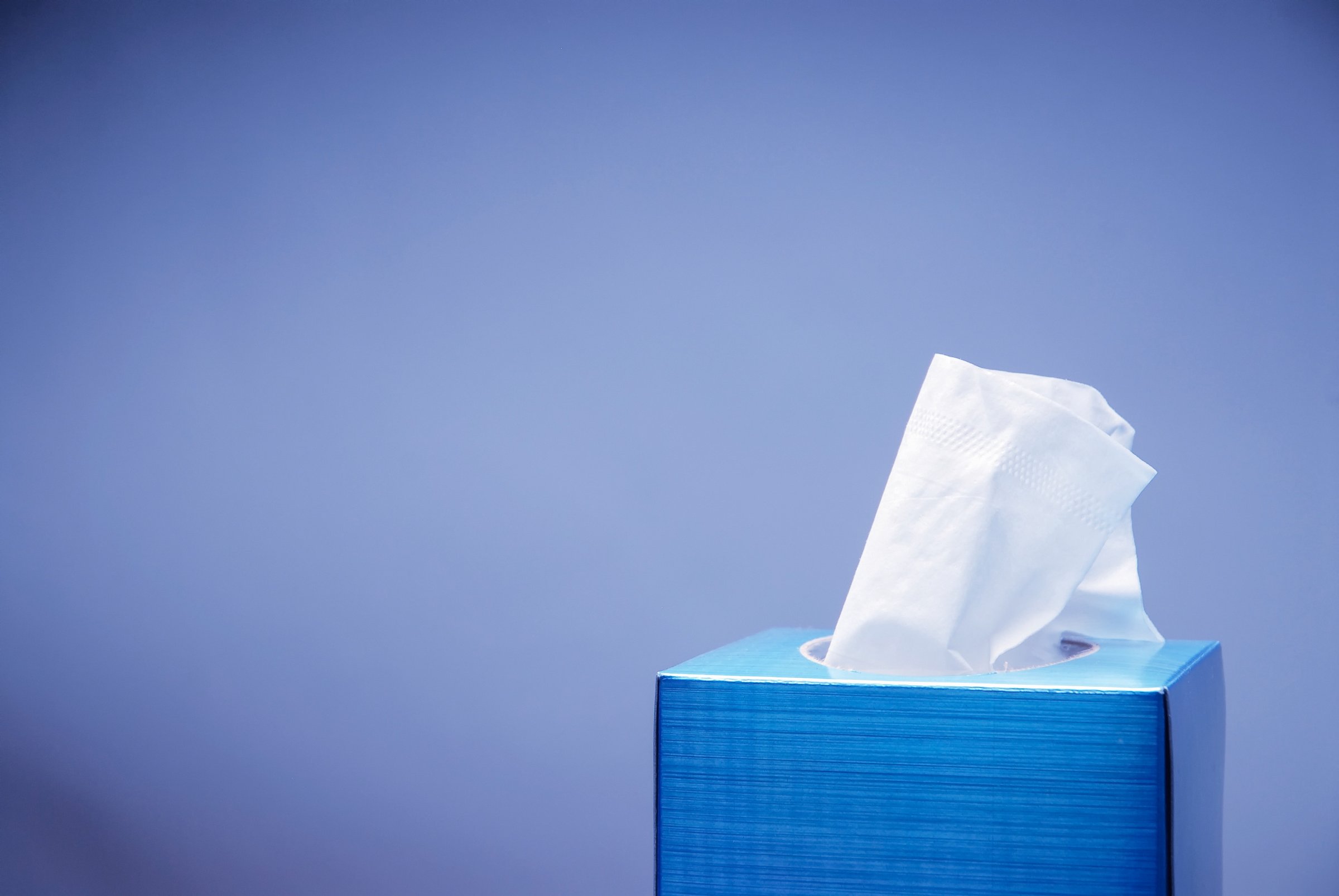
How lonely you feel can predict how much you’ll suffer during sickness, new research suggests.
In a new study published in the journal Health Psychology, researchers evaluated the loneliness levels of 213 people and the size of their social networks. They then gave everyone nasal drops of the common cold virus and quarantined them in a hotel for five days to track their symptoms.
Everyone in the study had the same chance of getting sick, but people who reported feeling more lonely reported more severe cold symptoms than people who were less lonely. This was true regardless of how large or small a person’s social network was, suggesting that you don’t have to be physically isolated for loneliness to take a toll on health.
“It’s like feeling lonely in a crowded room,” says study author Angie LeRoy, a PhD candidate at the University of Houston and Rice University. “It doesn’t matter how many people you have in your social network. If they don’t feel like meaningful relationships, it’s not going to make a difference.”
Loneliness has long been recognized as a risk factor for poor health. People who are lonely are estimated to have a 26% higher risk of dying early than people who aren’t. The new study adds evidence that loneliness also affects how a person experiences short-term illness. “Things as simple as being lonely can have an effect on your health,” she says. “We need to pay more attention to those.”
More Must-Reads from TIME
- Welcome to the Golden Age of Scams
- Introducing TIME's 2024 Latino Leaders
- How to Make an Argument That’s Actually Persuasive
- Did the Pandemic Break Our Brains?
- 33 True Crime Documentaries That Shaped the Genre
- The Ordained Rabbi Who Bought a Porn Company
- Why Gut Health Issues Are More Common in Women
- The 100 Most Influential People in AI 2024
Contact us at letters@time.com